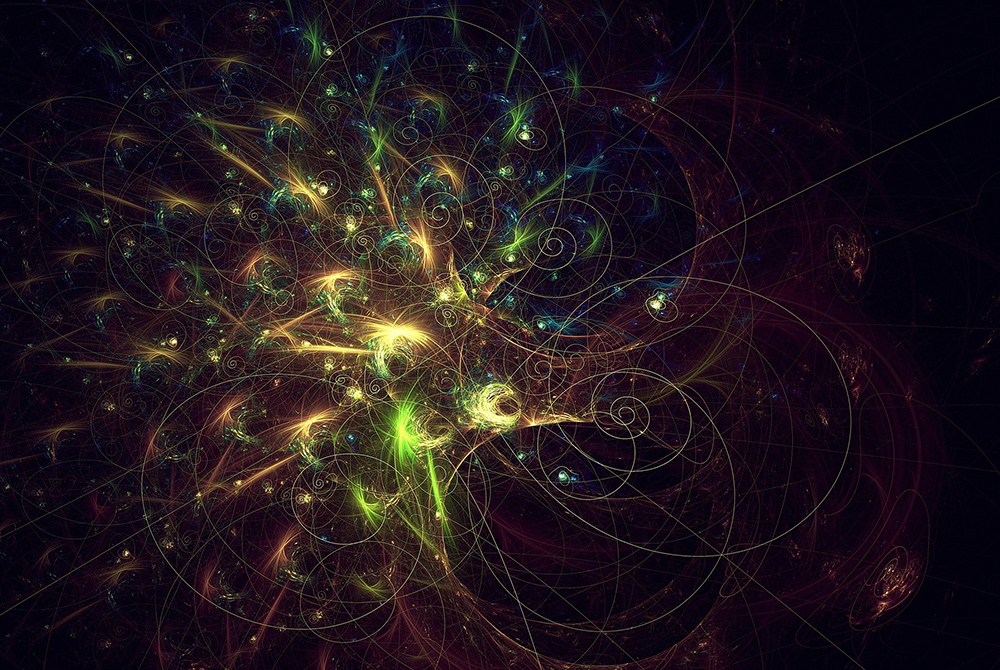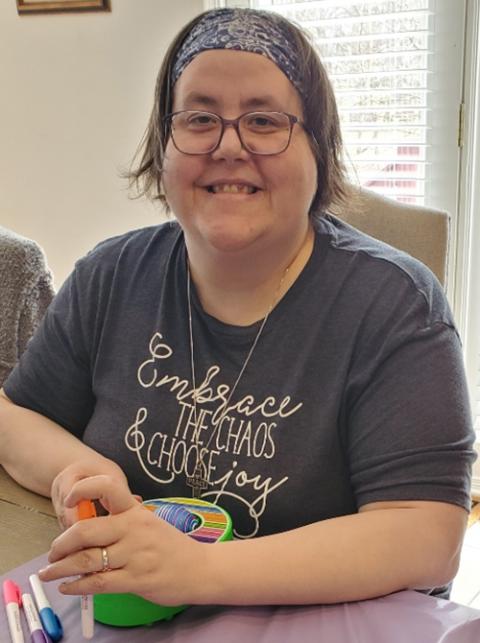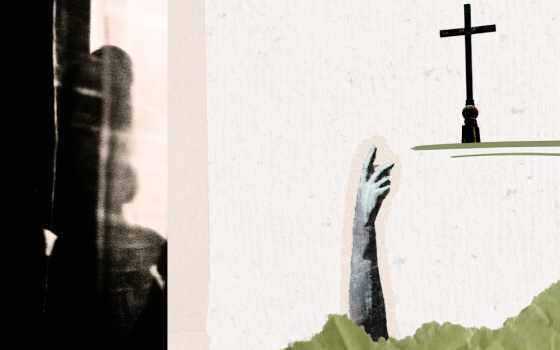
(Pixabay/TheDigitalArtist)
The opportunity to take a week away each year from the chaos of life to just be with God on retreat is one of the luxuries of being a Catholic sister. I do not use the word luxury lightly. When I share about my annual silent retreat, many of my family and friends at first get stuck by the silent bit. "A whole week without talking," they wonder? They look at me like I have transformed before their very eyes into the Dalai Lama.
I then explain that because I don't have the pressures of the everyday when I am on retreat, I am better able to listen for the movement of the Spirit. They sometimes express relief when I share that I speak with a retreat director each day who helps me in that listening. However, what seems to most catch the imagination and desires of my friends, especially those who are parents, is time away from the chaos of daily life. That is luxury.
My community's Constitutions remind me of the reason for retreat: "We nurture our life of prayer by reflective reading, particularly Scripture, by periods of solitude and silence, and by an annual retreat." Over the years, I have come to realize that retreat is important not just for rest, but more importantly for renewal of my relationship with God and of my spirit for mission.

Susan Rose Francois in her "Embrace the Chaos and Choose Joy" T-shirt while decorating Easter eggs with her nephew earlier this year (Courtesy of Susan Rose Francois)
I tend to sleep a lot on retreat (there's the rest part). I take pictures of the beauty of God's creation. I read and reflect. I also enjoy not dressing up for a week. Instead, I wear T-shirts every day, including my two current favorites: one that lists the names of Black saints and another that boldly proclaims, "Embrace Chaos and Choose Joy."
About 10 years ago on retreat, I read The Other Side of Chaos: Breaking Through When Life is Breaking Down, by Margaret Silf. I thought I knew what chaos was like then, but we all know what the last 10 years has taught us in the chaos department.
Silf writes that "chaos is a sacred reality, the very thing that is needed for a new creation to begin. Chaos is a gift, overflowing with potential." Again, the past 10 years I have not been so sure that chaos has felt like a gift, but I concede her point. Plus, chaos is a reality, and we can resist it, or we can find a way through. The choice is ours.
On my first reading a decade ago, I focused on the other side aspect, as in getting to the other side where everything would be moonbeams and rainbows. On my second reading this summer, I understood the other side more as the opportunity and possibility inherent in the chaotic mess. God is in the mess with us.
"The action of God on the raw material of creation gives us a clue," writes Silf. "A new energy can emerge, or even erupt. New possibilities can 'foam forth,' one by one, instant by instant." Chaos is part nature. Moreover, Silf points to the current thinking in physics that "breakdown is a necessary precursor to breakthrough." Perhaps we have been collectively fooling ourselves into thinking that we could control and hold back the chaos, or even get through it to the other side.
In her forthcoming book, Prophetic Witness to Joy: A Theology of the Vowed Life, Sacred Heart Sr. Juliet Mousseau reflects on the vow of obedience and our relationship with chaos. I found it to be an intriguing reflection and connection.
"In past centuries," Mousseau writes, "obedience was clear and easy to understand. … Catastrophes and problems were caused by the world literally becoming disordered." Obedience meant knowing your place in the social hierarchy that "kept humanity from falling back into chaos."
Advertisement
Humans, of course, are causing much of the chaos that abounds today: climate change, forced migration, exclusion, war and division. "As religious," Mousseau challenges, "we must open our eyes to witness the effects of what we do and most especially the effects on those who have fewer resources."
In today's context, Mousseau reimagines the vow of obedience. "This is where we find obedience: in the discernment that is required to know God's will and the willpower needed to follow it. This discernment is ultimately about finding our joy in the world."
Like my T-shirt, we must embrace chaos and choose joy. Choosing joy is countercultural.
"Obedience requires that our discernment never ends," continues Mousseau. "We don't just say 'yes' once, but we say 'yes' over and over again to the demands of our life, to following where our call leads us."
I am reminded of another book I reread this summer, The Answer to How is Yes: Acting on What Matters by Peter Block. Block asserts that "how" is the wrong question. When how questions "become the primary questions … they create a world where operational attention drives out the human spirit." On the other side of how is yes. "Yes expresses our willingness to claim our freedom and use it to discover the real meaning of commitment."
The call is not to figure out how to stop the chaos or even to find the magical way through to the other side. Rather, the call of this time is to say yes. Yes to the common good. Yes to God's love in and for the world. Yes to engaging the chaos. Yes to every day, good and bad. Yes to life. Yes to joy.
Yes.




